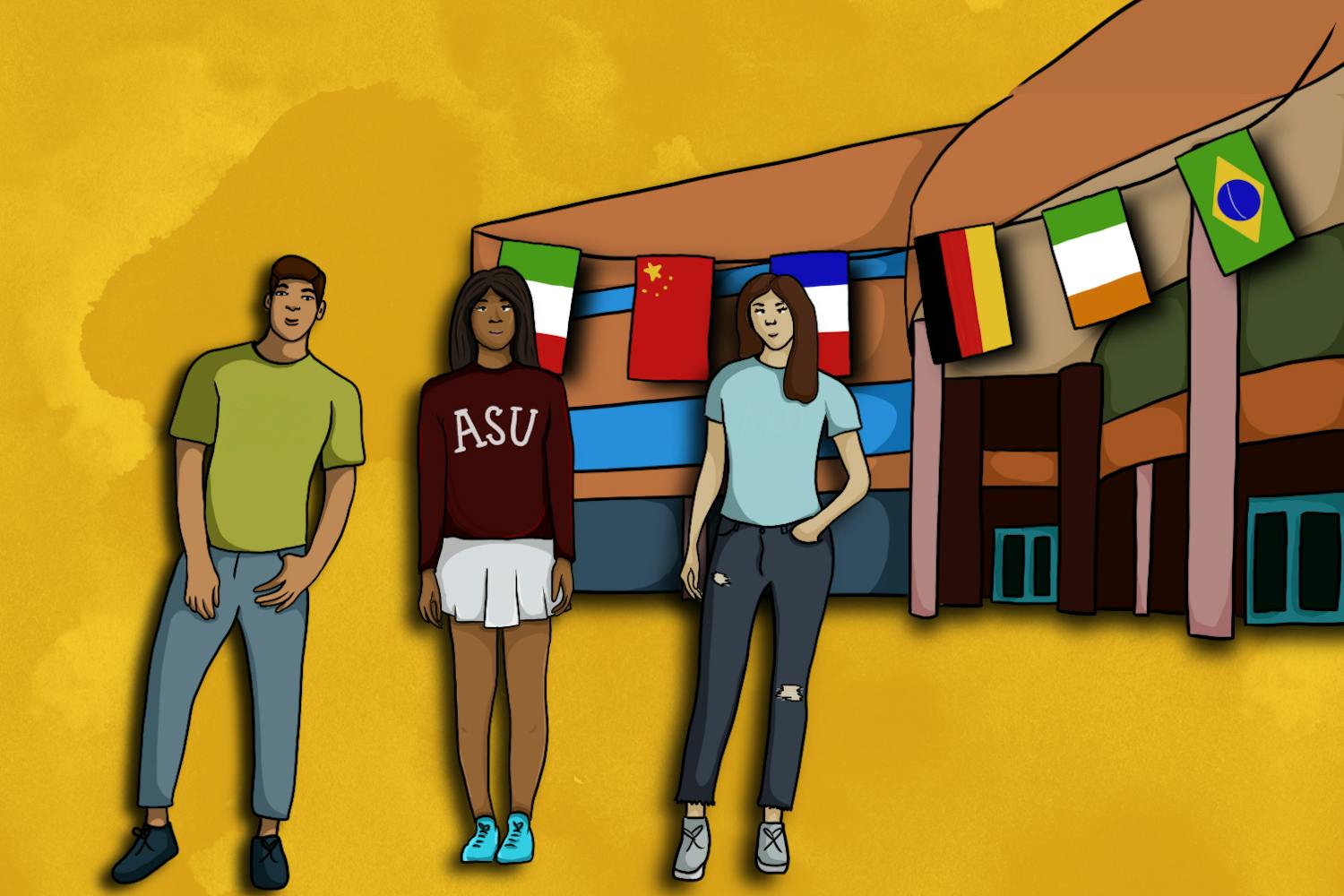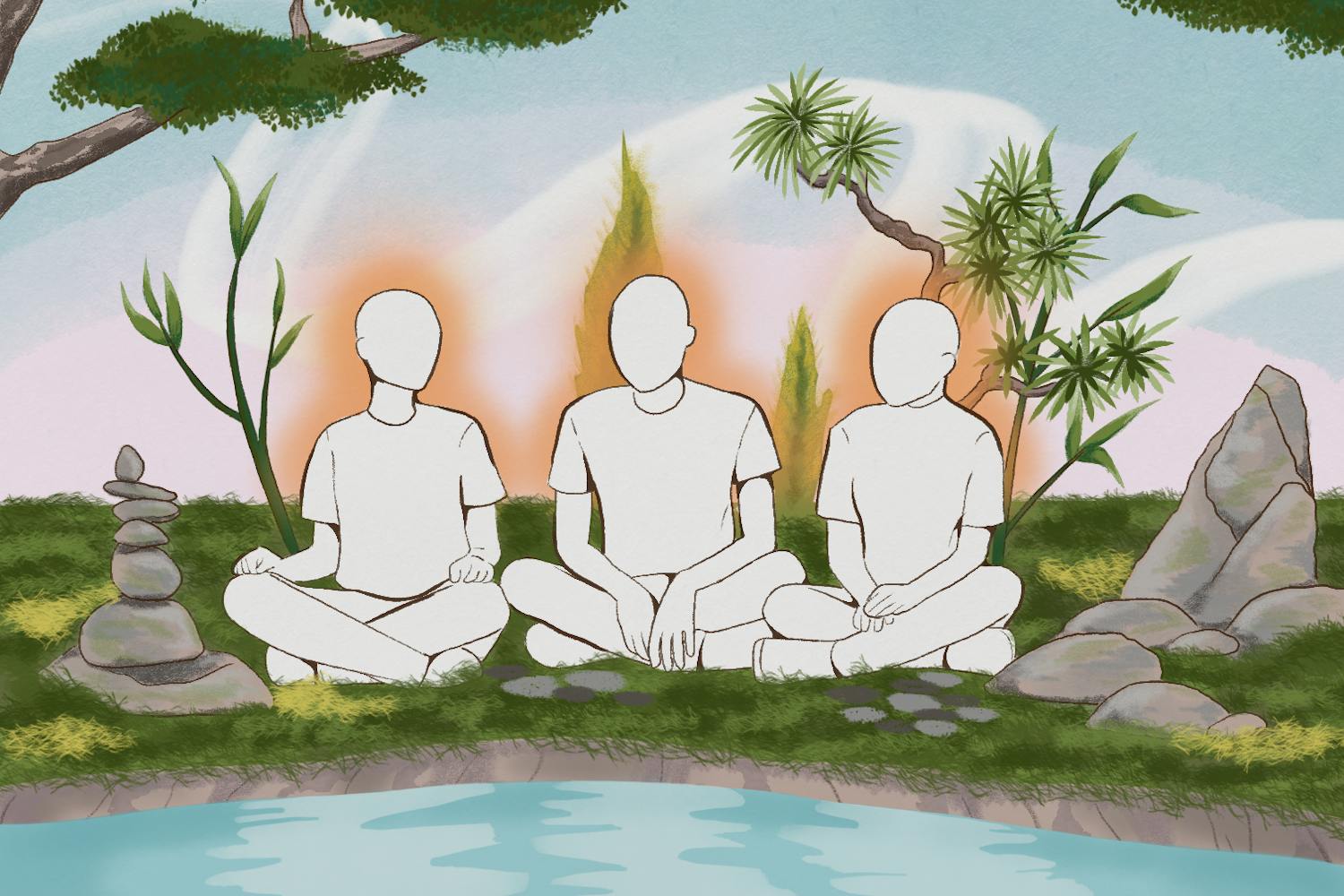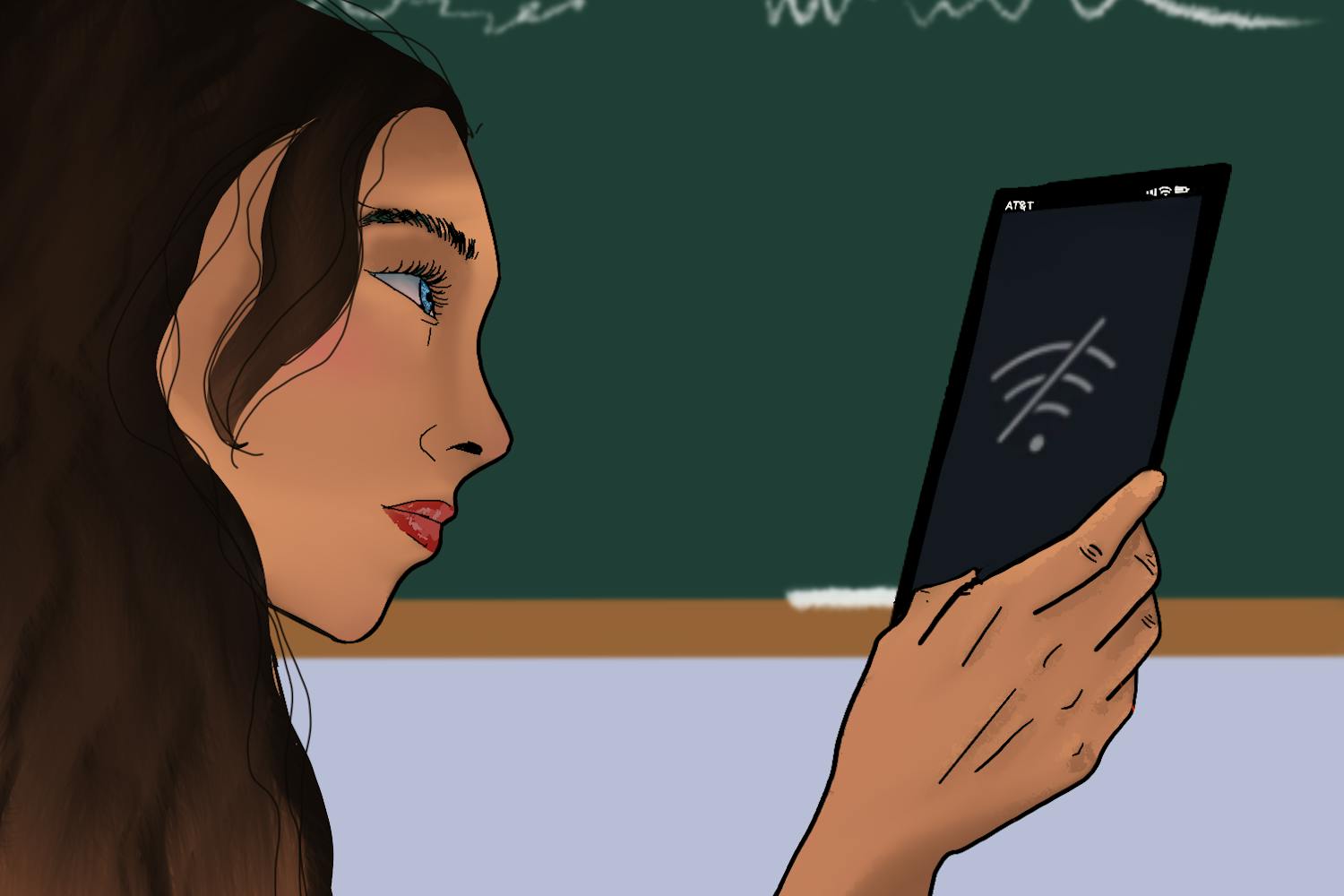Intro | Shared Dreams | Desired Dream: Pt 1 | Desired Dream: Pt 2 | Divorce | Media One-Child Policy | Pollution | Fame | Traffic | English | Social Media | Fashion | Photos
As more Chinese flock to cities to find success, many dream of fame. Reality and talent shows have made their way into the hearts and cultures of the Chinese people, giving them an avenue to pursue success.Many of the younger Chinese watch these shows for entertainment, but also because they enjoy seeing people achieve their dreams. The Chinese obsession with reality television can be seen in restaurants and public places that display TVs showing some of these talent shows during the evening.
In 2005, reality shows started to appear on Chinese television, giving new entertainment options to people. Primetime television started carrying these shows in 2006, causing the government to crack down on censoring reality television, afraid of the immorality of some of the shows.
Chuhui Hu, a student at Fudan University, said that Chinese shows restrict themselves in form because of the many rules regulating them.
“American shows have more freedom and can show more content that in China is regulated,” she said.
According to danwei.org, which published excerpts from CMMI China’s Media Yearbook and Directory 2008, the first reality show to get past censorship and get a license from the State Administration of Radio and Television was “Absolute Singing” in 2007.
SARFT continues to make regulations for reality shows, including controlling how many episodes a show can have and how long it can run.
Many students in China prefer American reality shows because they are more creative and have more freedom. Students find these shows online.
Joe Tian, an English Literature major at Fudan University in Shanghai, said that other than creativity, there is not a huge difference between American reality shows and their Chinese counterparts.
“The Chinese people are not always good at creating things,” Tian said. “So they copy shows.”
Data released by CVSC-SOFRES Media showed that in 2007 TV dramas accounted for 24.1 percent of television on China’s channels, a number that has steadily risen.
China has many versions of Western reality shows including “China’s Got Talent;” the original is “Britain’s Got Talent.” Tian prefers the Chinese shows and his favorite is “Super Girl,” a talent show similar to “American Idol.” The show was suspended in 2011 by SARFT after its six-year run because it exceeded time limits. However, one of the judges, Song Shinan, published an essay saying that the winners of the show represented something the government doesn’t like: the voices of the people.
Tian said that he has seen more interest in American reality shows among his friends, although he does not watch many of them.
A recent article on China Daily’s website focused on the changes Chinese reality shows are making to keep and attract more viewers. The program “Sound of Love” will now have contestants perform for judges and the judges cannot face or see them while they perform in hopes to ensure complete objectivity.
This is similar to an American show called “The Voice.” The goal is to find the best singer regardless of appearance. The setup of the show’s audition and selection process as described in the article is exactly like its American counterpart.
Tian said that he likes the reality talent shows because of the competitors, and thinks the shows seem real. He said that some people go on talent shows seeking fame, but others just want to accomplish their dreams.
“Most people have a dream to be a star, but most people cannot realize this dream,” he added. “It’s a good opportunity.”
Hu said shows like this give hope to ordinary people and the lower class.
“Some just want the opportunity to make their dreams come true,” Hu said. “Reality shows help ordinary people realize their dreams.”
Wendy Tang, a student at Shagnhai Foreign Language University, said she loves American and Chinese reality shows. She said that many people she knows watch these shows because they like seeing people accomplish their dreams.
“They’re ordinary people, but they finish these amazing tasks,” Tang said. “That’s amazing.”







